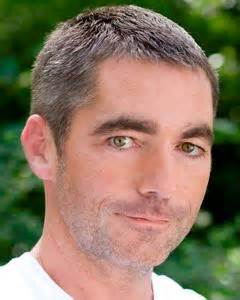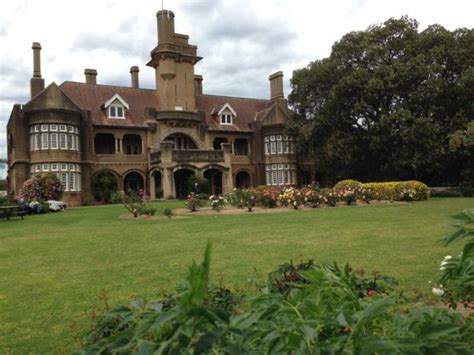A Quote by Michael Shellenberger
We should be concerned about the impact of climate change on vulnerable populations, without question. There is nothing automatic about adaptation. But it's clear that there is simply no science that supports claims that rising sea levels threaten civilization much less the apocalypse.
Related Quotes
We thought we knew 20 years ago. That led to some alarmist books – mine included – because it looked clear-cut, but it hasn’t happened. The climate is doing its usual tricks. There’s nothing much really happening yet. We were supposed to be halfway toward a frying world now. The world has not warmed up very much since the millennium. Twelve years is a reasonable time. The temperature has stayed almost constant, whereas it should have been rising - carbon dioxide is rising, no question about that.
It is impossible to talk about slowing climate change without talking about reducing CO2 emissions. Equally, it is impossible to talk about adapting to climate change without considering how we will feed ourselves. And it is out of the question that we can adapt agriculture without conserving crop diversity.
From wherever the emissions come, they have the same effect: They trap much more heat from the sun, melt the ice, raise the sea level, cause stronger storms, floods, drought, bigger fires, generate millions of climate refugees, destabilize political systems, threaten the growing of food crops and cause a number of other catastrophic consequences which, taken together, threaten the basis for the future of human civilization on the Earth.

































